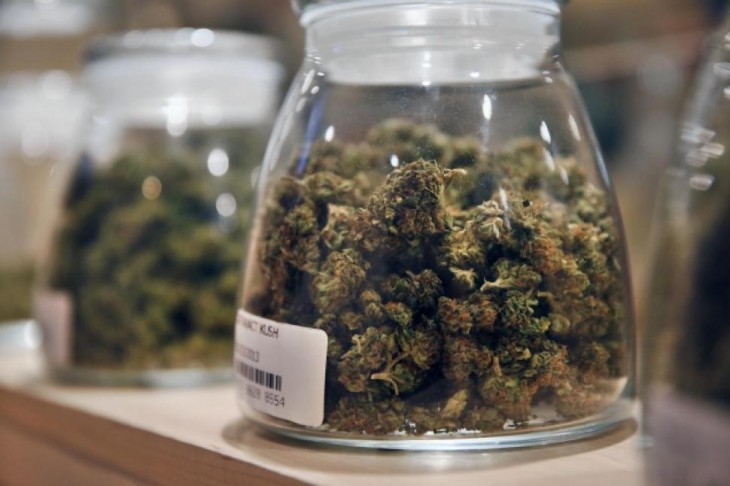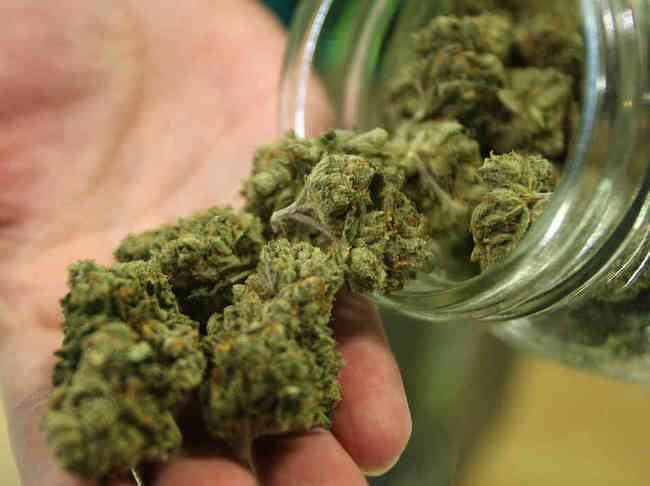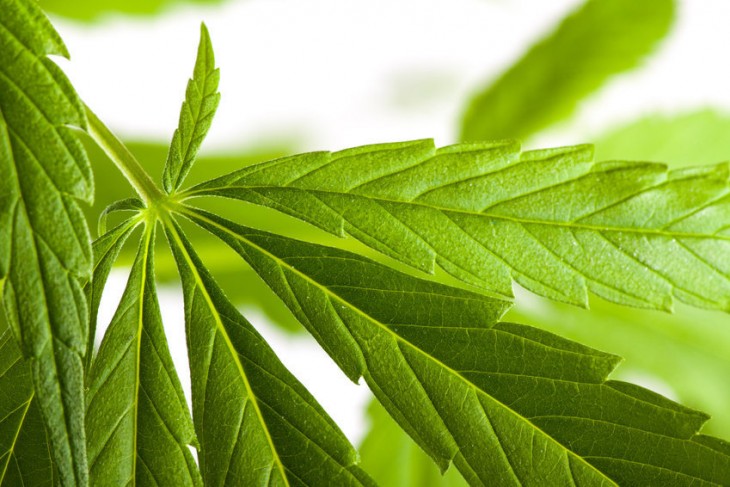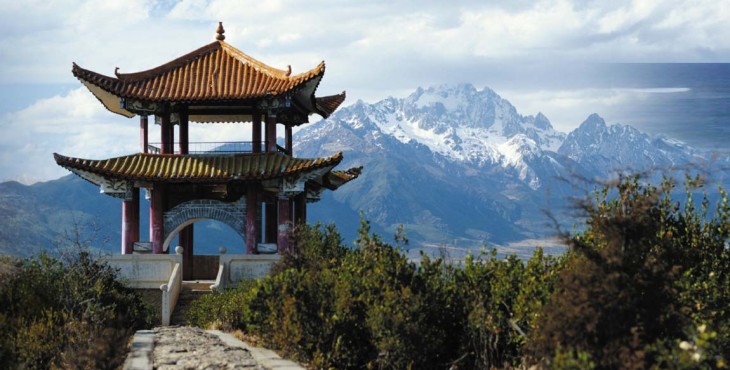China Has Control of the Industrial Hemp Market
Unlike the West, Eastern countries have not suffered from the same ignorant laws that prohibit the growth of both marijuana and cannabis for mirrored and contradictory reasons. Historically they were also the first to cultivate this product with diverse potential, thus starting an agricultural age that led to modern society. For this reason, China now produces more than half of the world’s total industrial hemp seeds and nearly half of the fiber made from the plant.
With changing marijuana laws comes room for growth of an industrial hemp industry in the United States, an objective the Department of Agriculture seems content to interrupt. The Department of Agriculture earlier this year confiscated seeds headed for Kentucky from Italy. 250 pounds of seeds were going to become Kentucky’s Industrial Hemp crop this year were apprehended, but were later turned over, evidently determining them as not being for drugs. Such is life for the hemp plant in the West.
The United States Stirs from Hemp Abstinence
The United States does not import or produce much Hemp since it was first outlawed in the early 1900’s. We have been missing out on billions of dollars of textiles, cooking oils and skin care products that can be created with the plant every year. After 100 years of prohibition, the United States is finally producing industrial hemp once again. Kentucky and Colorado are both taking crops, but the yields are small and experimental as the farmers learn the best techniques to grow and process this valuable plant.
In an industrial hemp scenario, the plants are grown extremely close together, which causes the plants to grow vertical very quickly instead of branching. The plants compete for light, and end up growing long fibrous stalks which are great for the production of clothes, twine and paper. Every sheet of paper at Green House Seed Co. is probably hemp, since it is better quality, better for the environment, less expensive and more prolific than wood pulp paper. They seem to know a good thing when they see and smell one.
Of course, hemp differs from traditional cannabis, since it produces low levels of cannabinoids, psychoactive or otherwise. Hemp will continue to create jobs and gain market control over the next decade, reversing the damage that nonsensical laws have caused the once mighty American industry. A scientific and legal revolution are happening at the same time as an agricultural rebirth in the United States, it’s really rather lovely to see.









